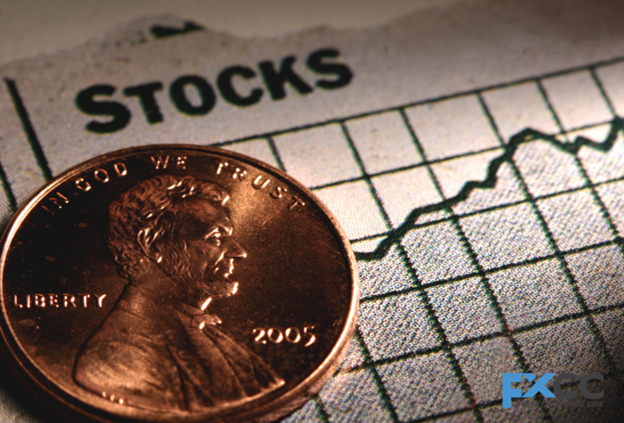Are you seeking to construct a portfolio of investments that will withstand the fluctuations and volatility that happen in the markets? Understanding the importance that cyclical companies play is crucial. In this thorough guide, we’ll explore the definition of cyclical stocks and how they operate and how to successfully incorporate them into your investment plan. Let’s take a look!

What are Cyclical Stocks?
Cyclical stocks are businesses whose performance is dependent on the cycle of economics. They are prone to experiencing substantial changes in earnings and revenue when the economy grows and shrinks. Some examples of industries that are cyclical include construction, automotive and leisure and travel.
Characteristics of Cyclical Stocks
Cyclical stocks generally have traits that differentiate them from other investments. They usually have high betas, which means that they’re more volatile than the general market. Furthermore, they might have low dividends as well as high levels of debt, making them prone to changes in the interest rate.
Pros and Cons of Cyclical Stock Investments
A portfolio of cyclical stocks can offer the chance of generating large returns during times of economic boom. However, they are also subject to greater risk due to their vulnerability to economic fluctuations. It’s important to consider your pros and cons prior to incorporating cyclical stocks in your portfolio.
Strategies for Investing in Cyclical Stocks
If you are investing in cyclical stocks it is essential to follow an approach that is strategic. Diversification is essential to reduce risk, and so is conducting exhaustive research on the particular industries and businesses. Investors should also be ready to modify their portfolios when the economic climate changes.
Case Studies: Successful Use of Cyclical Stocks
Many investors have succeeded by successfully incorporating cyclical companies in their portfolios. By carefully adjusting their investment strategies as well as focusing on businesses that have solid fundamentals These investors have capitalized on economic cycles to earn substantial returns.
Common Mistakes to Avoid
Although investing in stocks that are cyclical can yield great returns, it is important to stay clear of the most common mistakes. This includes not diversifying correctly, not conducting an exhaustive research process, and settling to the temptation of market timing. By staying clear of the pitfalls, investment professionals will increase your chances to succeed.

FAQs
Which are the best examples of industries that are cyclical?
The industries that are cyclical include automotive construction, leisure and travel.
What is the difference between cyclical stocks in comparison to defensive ones?
Cyclical stocks typically do well in times of economic expansion, whereas defensive stocks are generally stable despite economic fluctuations.
Are cyclical securities suitable for investors who are looking to invest over the long term?
Although cyclical stocks may provide excellent returns in the long run however, they are best for investors with high tolerance for risks.
How do I recognize stocks that are cyclical?
Find businesses whose performance is closely correlated with economic indicators like the growth in GDP and consumer spending.
What aspects should I take into consideration when investing in stocks that are cyclical?
Things to take into consideration include the condition in the economic system, trends in industry as well as company-specific aspects like debt levels or the company’s competitive position. In the end, knowing the significance in cyclical securities is vital to build a well-balanced portfolio of investments. By strategically incorporating these stocks and avoiding the common pitfalls, investors can increase their profits and reach their financial objectives.


